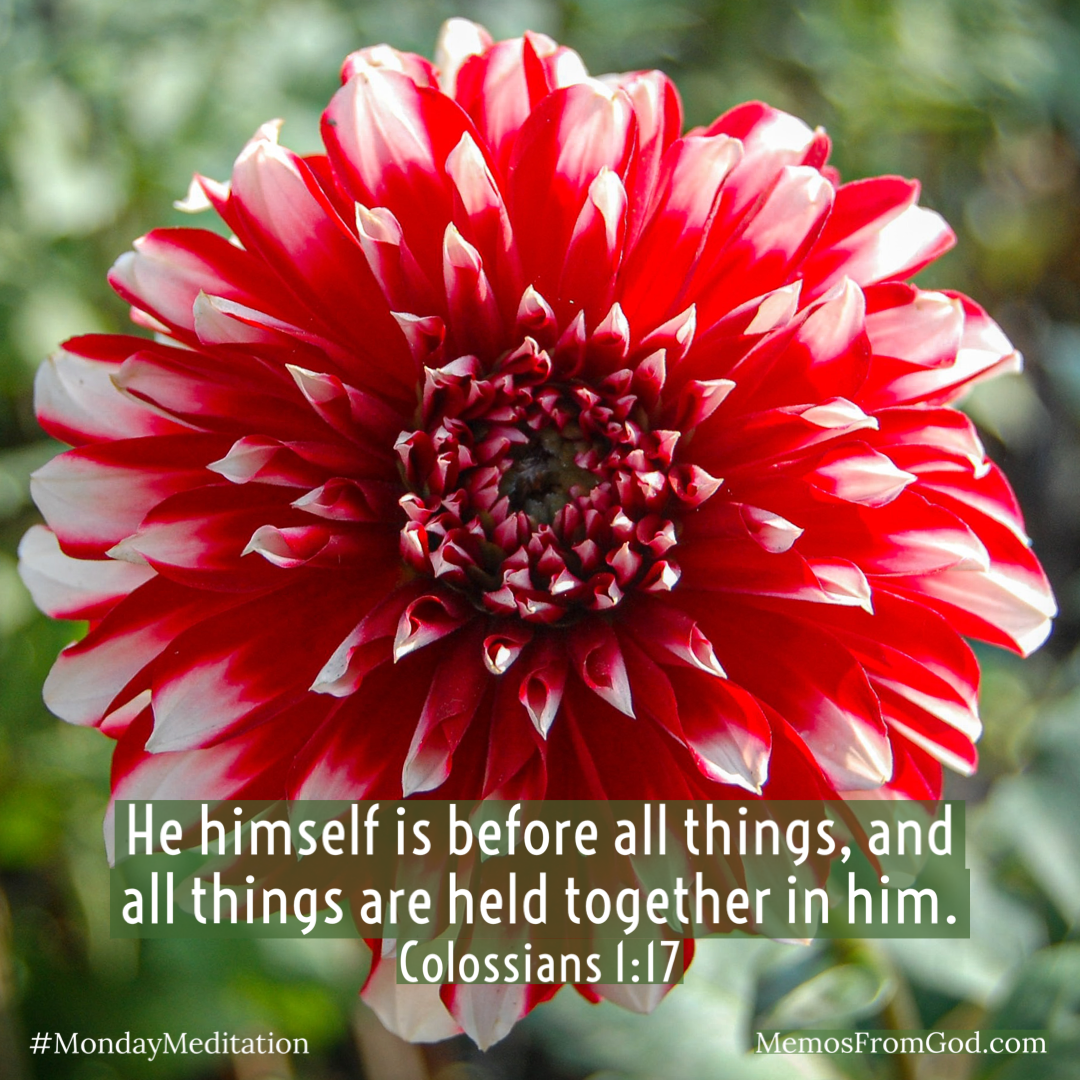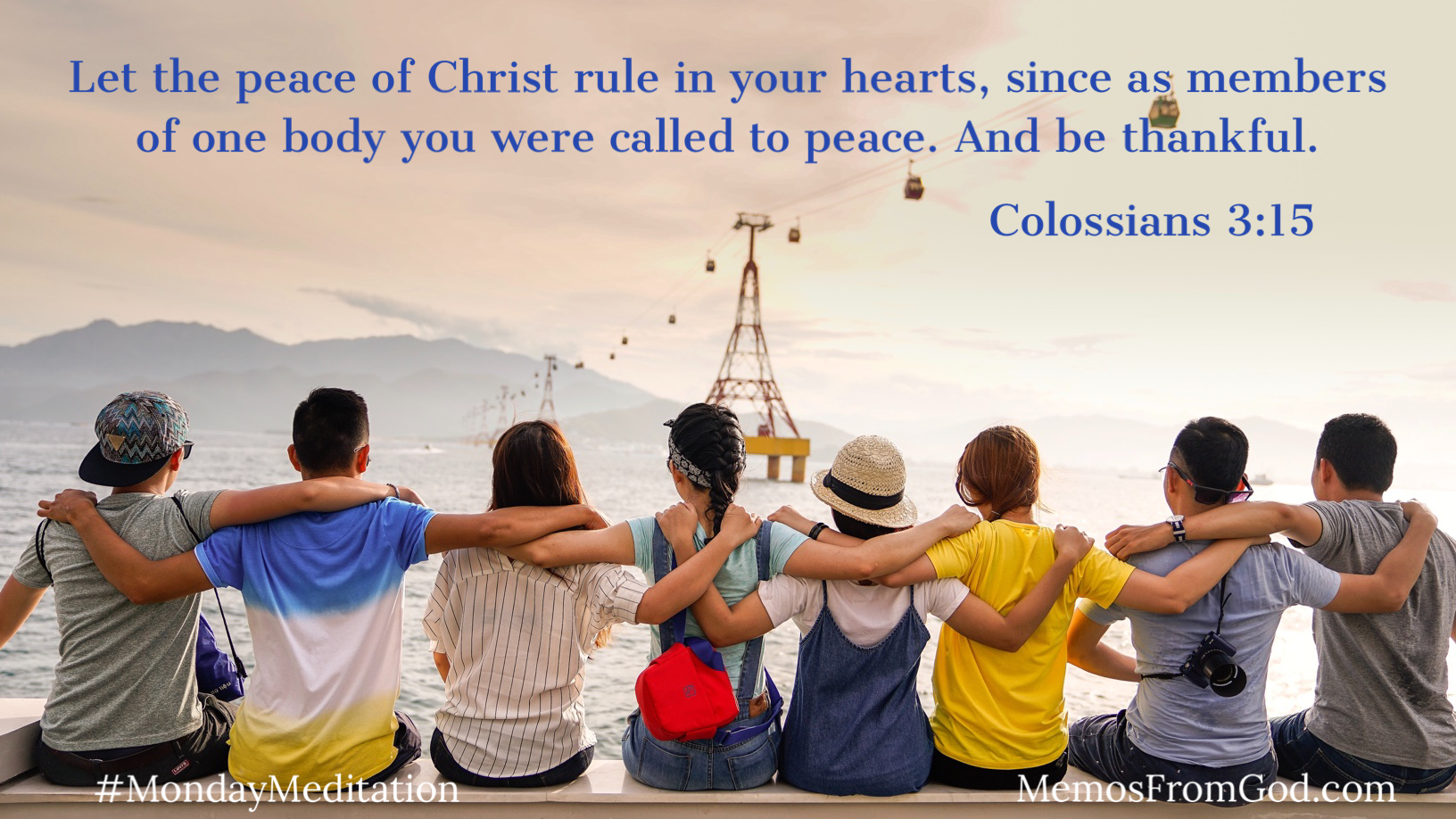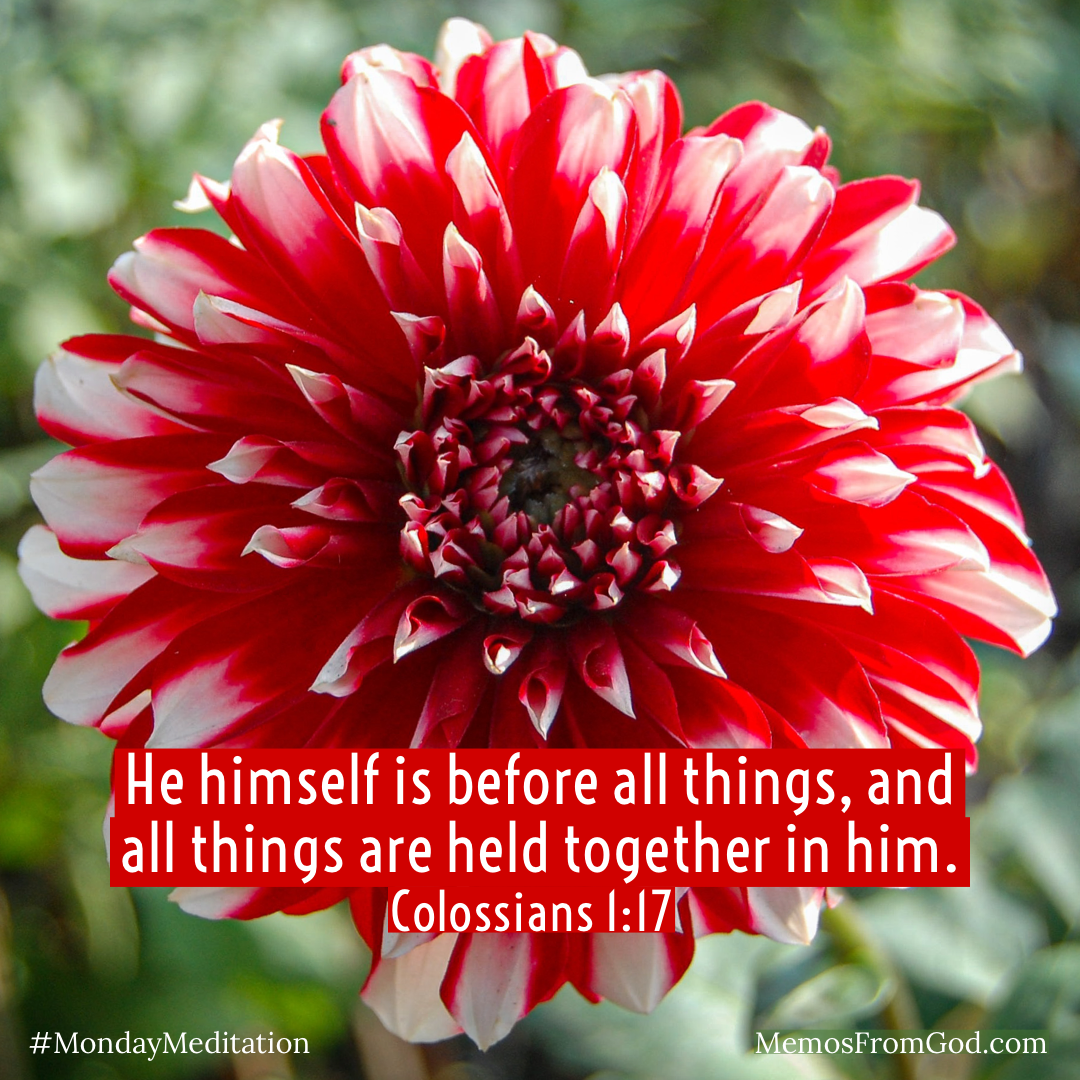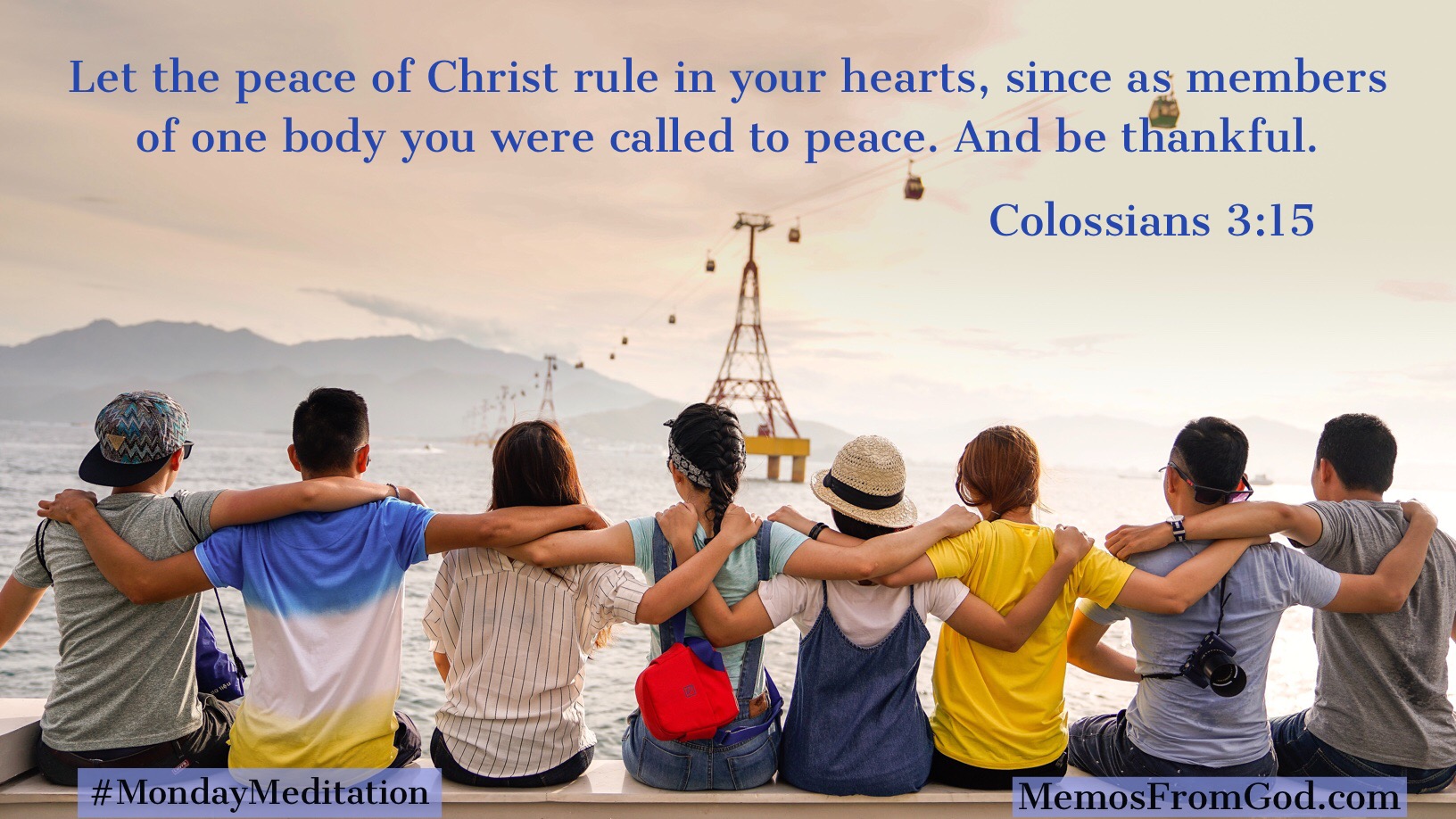

Attempting to Understand the Bible



I learned very early on in life to do the best I could. My parents modelled that, and expected it. As I grew older, I figured out that God wanted my best too. Sometimes when you are working for people—teachers or bosses—you can wonder why you try so hard. Sometimes you feel like no one notices, or cares, or appreciates what you're doing, so you wonder why you bother. Colossians 3:23-24 has the answer to that. It says to work as though God is your boss. People may not always notice or appreciate your efforts, but God does, and it is honouring to Him when you give things your best. That's reason enough for me.
It's true that I don't always think that my best is good enough. I tend to be a bit of an idealist, and frankly I usually want things to be better than I can make them. But, over the years, I've become aware of my strengths and my weaknesses, and also learned how to accept that things will never be perfect on this side of heaven, even if I wish they could be. It helps to know I've done my best; I've made things as good as it is in my power to do.
There are many things that are not within my power, but working on my own character is. And like I said, I always want to be better. So when I come across advice on how to improve myself or anything else, I usually read (or listen to) it. Of course you can't count on all the advice you read to be helpful, but with experience comes discernment. This article by Carey Nieuwhof, written to people in their 20s, 30s and 40s from someone who is just turning 50, lists 25 pieces of advice to help you get to your best self sooner. When I read it, I thought it was excellent advice and worth sharing with you. So, follow this link and check it out.
Over the next several months, I will share a series of verses about building character.





No one who knows me would tell you that I am a fashionista—someone who is on top of all the latest fashion trends—but I do try to wear clothes appropriate for the occasion. Just as I would not wear formal attire to paint my house, I would not wear my painting clothes to attend a wedding or a banquet. Your beliefs and attitudes can often be discerned by what you wear. Do you have respect for others? Do you have respect for yourself? Many of my students at the Faculty of Education would question what to wear as they prepared to start a placement in a new school. I always advised them that it would never be a problem if they were more professional or more conservative than the other people working there.
In Colossians 3, Paul advises us what to wear and what not to wear, metaphorically speaking. In Colossians 3:1, he tells us to keep seeking things above—keep working toward becoming more and more like the person that Christ wants us to be. This is not an instantaneous transformation, but a work that will be in progress as long as we are on this earth. Christ died to redeem us all from our evil human nature, but it is up to us to continually choose to live in a way that honours Him. So Paul tells us to put off such things as anger, rage, malice, slander, abusive language and lies. (Colossians 3:8,9)
Since who we display on the outside is usually a representation of who we are on the inside, Paul exhorts us to change our clothes. He wants us to clothe ourselves with a heart of mercy. (Colossians 3:12) Mercy means showing compassion when we have the power to punish. If someone has done you wrong, you have the opportunity to forgive them instead, which is another piece of the clothing that Paul suggests. (Colossians 3:13) He also recommends kindness, humility, gentleness and patience—putting others ahead of ourselves and being considerate while also treating them with respect and tolerance. We are all on this journey towards transformation together, and none of us has reached our destination yet. We need to be understanding of each other’s imperfections.
Above all, Paul asks us to put on love. (Colossians 3:14) Although we can, by way of duty, accomplish all of the preceding virtues without having love, I Corinthians 13 tells us that without love, all else is meaningless. It is our love for God, and His love flowing through us, that will help us to love those around us. It is our love for God that will make us want to choose a wardrobe that will best represent Him. If you want to wear the outfit that is most appropriate for your role as a child of God, wear love.
No one who knows me would tell you that I am a fashionista—someone who is on top of all the latest fashion trends—but I do try to wear clothes appropriate for the occasion. Just as I would not wear formal attire to paint my house, I would not wear my painting clothes to attend a wedding or a banquet. Your beliefs and attitudes can often be discerned by what you wear. Do you have respect for others? Do you have respect for yourself? Many of my students at the Faculty of Education would question what to wear as they prepared to start a placement in a new school. I always advised them that it would never be a problem if they were more professional or more conservative than the other people working there.
In Colossians 3, Paul advises us what to wear and what not to wear, metaphorically speaking. In Colossians 3:1, he tells us to keep seeking things above—keep working toward becoming more and more like the person that Christ wants us to be. This is not an instantaneous transformation, but a work that will be in progress as long as we are on this earth. Christ died to redeem us all from our evil human nature, but it is up to us to continually choose to live in a way that honours Him. So Paul tells us to put off such things as anger, rage, malice, slander, abusive language and lies. (Colossians 3:8,9)
Since who we display on the outside is usually a representation of who we are on the inside, Paul exhorts us to change our clothes. He wants us to clothe ourselves with a heart of mercy. (Colossians 3:12) Mercy means showing compassion when we have the power to punish. If someone has done you wrong, you have the opportunity to forgive them instead, which is another piece of the clothing that Paul suggests. (Colossians 3:13) He also recommends kindness, humility, gentleness and patience—putting others ahead of ourselves and being considerate while also treating them with respect and tolerance. We are all on this journey towards transformation together, and none of us has reached our destination yet. We need to be understanding of each other’s imperfections.
Above all, Paul asks us to put on love. (Colossians 3:14) Although we can, by way of duty, accomplish all of the preceding virtues without having love, I Corinthians 13 tells us that without love, all else is meaningless. It is our love for God, and His love flowing through us, that will help us to love those around us. It is our love for God that will make us want to choose a wardrobe that will best represent Him. If you want to wear the outfit that is most appropriate for your role as a child of God, wear love.